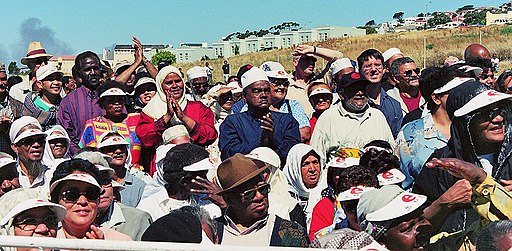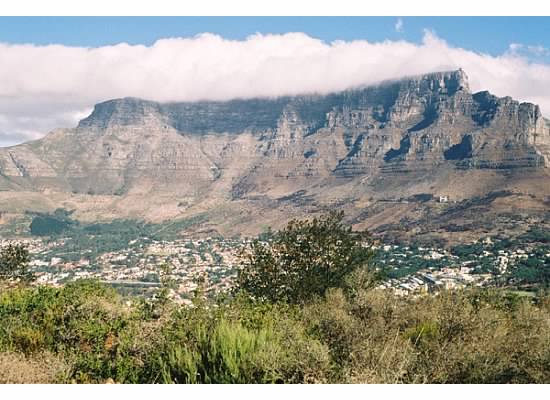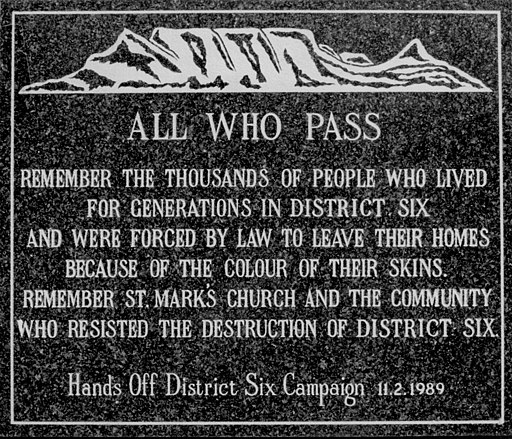
Essential Questions:
Why is it important to understand your past and your heritage in order to appreciate the present times?
Why is it important to explore outside of your comfort zone rather then to live inside a protective cocoon?
Enduring Understandings:
Students will understand the importance of recognizing what goes on in the world around them.
Students will understand the importance of seeing a situation through the eyes of another, of walking a mile in someone else's shoes.
Themes:
- Colonialism
- Racial discrimination/injustices
- Oppression
- Coming of age/Understanding where one has come from
- Dealing with the past
- Forgiveness
- Betrayal by country
 Link to background in the fall of apartheid in South Africa and the ideas and influence of Nelson Mandela
Link to background in the fall of apartheid in South Africa and the ideas and influence of Nelson Mandela
Afrika graphic organizer Hendrik clues.docx
A graphic organizer for detectives! Record Kim's discoveries and other tid-bits she discovers about her mysterious father figure throughout the journey **MUST BE OPENED IN A WORD FORMAT
 Activities:
Activities:
- Ask students to locate on a map of South Africa: Cape Town, The University of Cape Town, the table top mountain, the Karoo, Melkweg "Milky Way" Farm (where Riana grew up--located in the middle of the Karoo), Robben Island, District Six (the area to the left of the city), and the Botanical Gardens. Discus the roll each of these places played in the novel.
- The history of South Africa: Watch this quick and interesting video from history.com about Nelson Mandela.
- It wasn't until the 1990s that people could marry whomever they wanted to in South Africa (hint, hint: What do you think Riana's secret is? Why does Kim know so little about her heritage?) For more information on the laws, check out this page on history.com-- lots of info in a clear, organized presentation
- More information about the work Riana was doing for the Truth and Reconciliation Commission. Many South Africans are against what Riana is doing for the TRC. Have students look at both sides of the argument. What was the purpose of the TRC? What connections can we make to the Nazis who committed horrible crimes during the Holocaust?
- Working on a Journalism piece about something going on in school or interviewing someone at home. Consider teaching students how to write an editorial piece and also practicing with students how to correctly integrate quotations into a piece of writing.
- On page 42, Themba tells Kim he is Xhosa and tries to explain to her the way his dialect is spoken with clicking noises. Watch this youtube video to hear this language and it's unique clicking noises!
- On page 168, Oom Piet tells Kim, "'While we were growing up, Riana's vision of a melting pot made no sense to me, or to our family. But history has proved us wrong." What does he mean by this? Describe how the metaphor of the "melting pot" factors into your student's lives.
 |
| Land claimants at a "Handing Back District Six" rally, District Six, Cape Town (South Africa), 2001 |
Learn more about District Six where Hendrik, Kim's father grew up before his family was kicked out and only white people were permitted to live there.
Robben Island
Here interviews from ex-prisoners, check out the interactive timeline, get a virtual tour of the island (including panorama video footage of each of the landmarks on the island), and more on the Robben Islandmuseum site. Amazing resource!
Read this travel site's description and history or the island then and now--very accessible and descriptive. Also interesting is the "Places to Stay" tab which shows hotel accommodations in places such as the old Harbor Master's home!
Using social media in class--Instagram is a place where people all over the world can share images and experiences. Try searching the hashtags #robbenisland , #robbenislandmuseum , and #robbenislandprison for pictures from people touring--very interesting!
Also try #tabletopmountain
The University of Cape Town was the place of awakening for Riana, Kim's mother. Leaving the farm and attending a multicultural university was a turning point for Riana. Hendrik, Kim's father opened Riana's eyes to the truths of apartheid and Riana began to feel betrayed by the country she grew up blindly putting her trust in.
Learn more about the Truth and Reconciliation Commission from Brown Professor Newll Stultz here
Consider reading the scene in which Kim and Themba's families attend Themba's father, Sandile Bandla's murderer's amnesty hearing aloud in class so students can get a sense of the tension and the placement in the courtroom.
 |
| Cable car at Table mountain South Africa by Ritus |
See what it must have looked like for Hendrik and Kim when they took the cable car to the top of Table top mountain! Check out the View from the Top gallery, the Sunset gallery and any of the others! Also see the weather and the visibility for the day.

District 6
District Six Memory Plaque at the Moravian Church in District Six, Cape Town, South Africa.
It commemorates the victims of apartheid-era forced removals through the racially divisive Group Areas Act. Picture by Henry Trotter, 2000.
Comments (0)
You don't have permission to comment on this page.